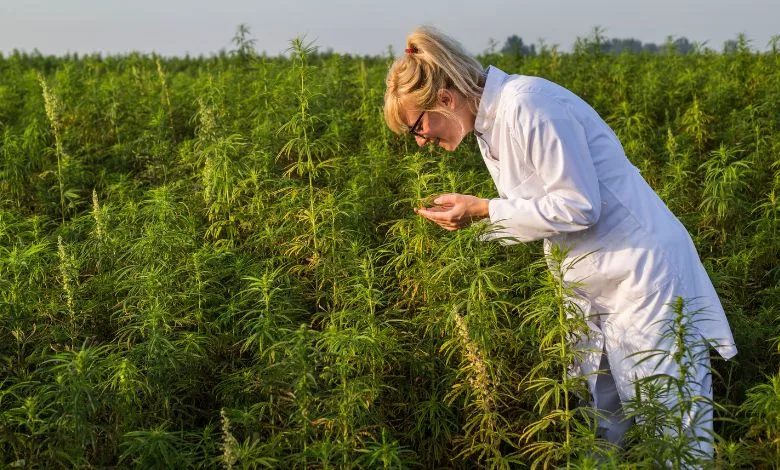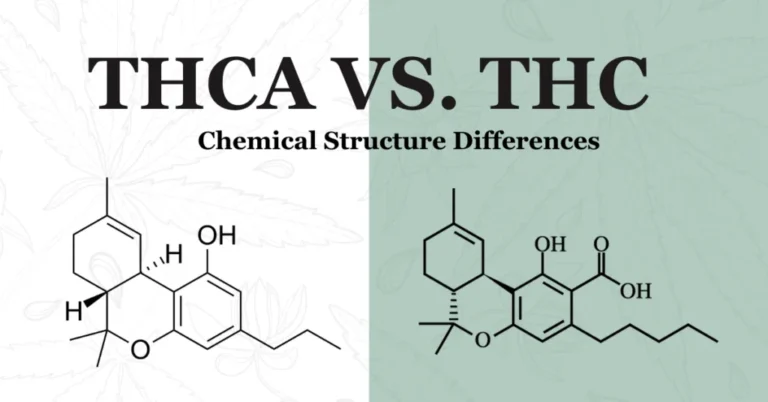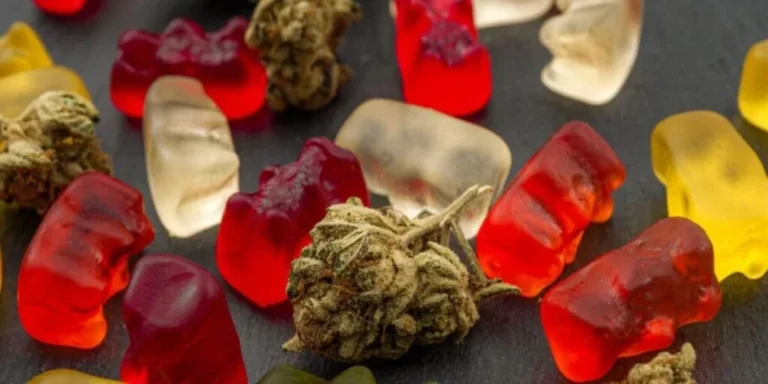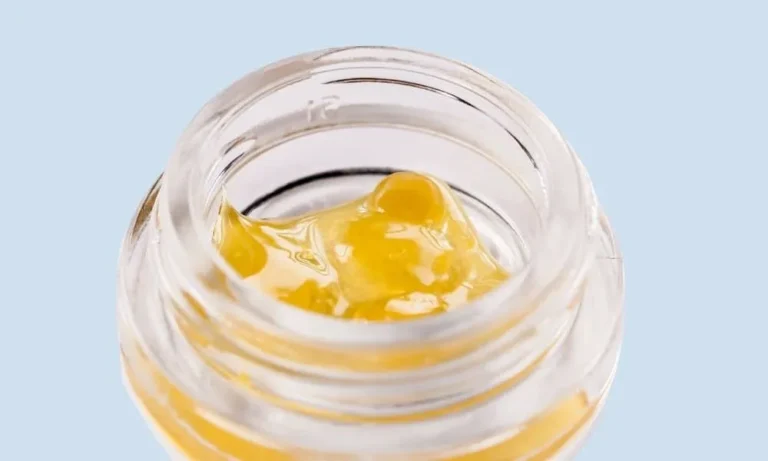Does Delta 9 Smell Like Weed
Delta-9-tetrahydrocannabinol, commonly called Delta-9 THC, is celebrated for its psychoactive properties and therapeutic potential. Many people exploring Delta-9 products often wonder whether these products retain the distinct, strong scent associated with cannabis. This question is particularly important for individuals prioritizing discretion in their usage. To understand how these products smell and the factors influencing their aroma, it’s essential to explore the nature of Delta-9 THC, its connection to cannabis’s fragrance, and the impact of product form on scent.
Cannabis’s characteristic aroma arises mainly from terpenes, which are natural compounds in the plant responsible for its unique scent profile. Terpenes like myrcene, limonene, and pinene contribute to the pungent, earthy, or skunky qualities often associated with cannabis. While Delta-9 THC is the key psychoactive component, it doesn’t possess a strong smell in isolation. The distinctive cannabis odor comes from the interplay of THC with the plant’s terpenes and other organic elements rather than the Delta-9 compound itself.
How Terpenes Influence Delta-9 Products
Since terpenes are behind the characteristic cannabis aroma, Delta-9 products can vary in smell depending on how they are extracted and processed. Full-spectrum Delta-9 products contain not only THC but also a range of other cannabinoids and terpenes from the plant, giving them a smell closer to traditional cannabis.
These products are likely to carry some of the original plant’s aroma, as they retain a natural combination of cannabinoids and terpenes, resulting in the familiar scent associated with cannabis.

Isolated Delta-9 THC products differ significantly from those that retain a full spectrum of cannabinoids and terpenes. By stripping away these additional compounds, isolates leave only the THC molecule, resulting in a nearly odorless product without the strong, distinctive scent associated with cannabis. This characteristic makes THC isolates an attractive option for those seeking a more discreet way to enjoy Delta-9.
The Influence of Product Type on Aroma
The type of Delta-9 product also plays a crucial role in determining its aroma. Delta-9 flower closely resembles traditional cannabis in scent because it retains the full profile of terpenes, giving it the unmistakable aroma of cannabis. This makes it less ideal for users prioritizing discretion. Conversely, Delta-9 edibles typically lack a detectable cannabis smell. Infused with THC extract and minimal terpenes, these products instead take on the scent of their primary ingredients, such as chocolate or gummies, offering a low-profile alternative for consumption.
Vape cartridges can vary in their scent profile depending on their formulation. Full-spectrum vape oils retain the cannabis aroma, while distillates or isolates offer a subtler scent. Some products emphasize recreating the natural flavor and aroma of cannabis, while others incorporate fruity or herbal flavorings to further mask any cannabis-like smells.
How the Aroma Affects Usage and Discretion
The product’s aroma often influences its appeal and suitability for different contexts. For those valuing discretion, options like edibles and isolate-based products provide a nearly odorless experience. THC tinctures, especially isolate formulations, also offer a covert way to consume Delta-9. On the other hand, users who appreciate the sensory elements of cannabis may gravitate toward products like Delta-9 flower or full-spectrum vapes, which preserve the plant’s signature flavors and scents.
Ultimately, the presence of terpenes and the type of Delta-9 product chosen determine how much, if any, cannabis aroma will be noticeable. Full-spectrum products deliver a more aromatic experience, while isolates and edibles cater to those seeking subtlety. This understanding helps users select the Delta-9 product best suited to their preferences and needs, whether for an authentic cannabis experience or a discreet consumption method.





